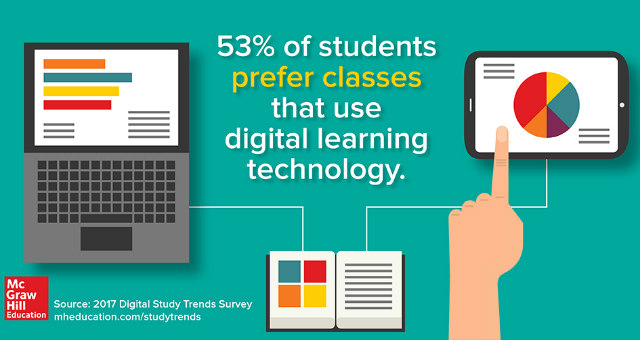You’re Funnier Than You Think: Using Humor in the Classroom
First, we want everyone reading this to go ahead and lower their expectations. While the two of us are big fans of comedy and using humor in many walks of life, we aren’t terribly funny ourselves. But here’s the thing: that’s sort of the point. While we’re not comedians, we use humor as a teaching tool. And so can you!









